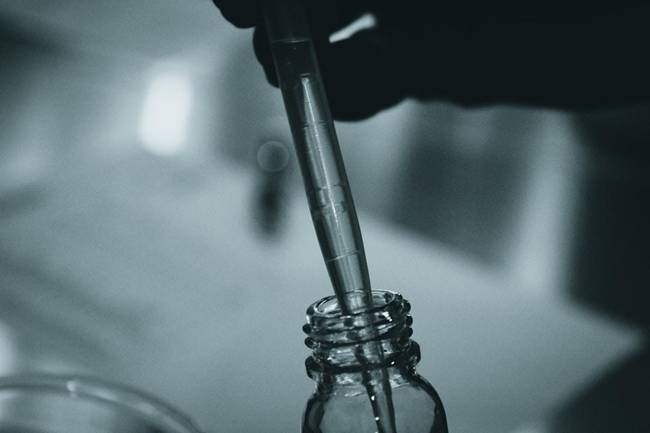In the quest for scientific progress, the use of research liquids has become a pivotal part of laboratory work across various disciplines. From pharmaceutical development to chemical analysis, the quality of these liquids can significantly influence the accuracy and reliability of experimental results. With an array of suppliers and products in the market, it becomes crucial to carefully source liquids that meet high-quality standards. Below, we delve into the best practices for ensuring that these critical components are up to the mark, meticulously vetted, and safely procured.
Understanding the Importance of Research Liquid Quality
High-quality research liquids are vital for maintaining the accuracy and integrity of scientific work. Impurities or poor manufacturing practices can distort results, endanger the researcher’s safety, and even harm the environment. Choosing reliable suppliers goes beyond precision; it reflects ethical responsibility in research.
When evaluating research liquids for sale, scientists should look at supplier reputation, storage conditions, and regulatory compliance. Proper handling and packaging ensure stability, while meeting international standards protects the credibility of research outcomes and supports future clinical applications.
Establishing Criteria for Sourcing Reputable Suppliers
Identifying reputable suppliers of research liquids begins with establishing clear quality criteria, including certifications, production practices, and transparency of ingredient sourcing. Scientists and procurement officers should prioritize suppliers with a consistent record of high-quality products. Recognized accreditations indicate adherence to rigorous standards, while comprehensive documentation allows traceability of each product batch, verifying provenance and composition.
Direct engagement with suppliers, such as site visits or discussions with scientific teams, provides insights into production care and expertise. Open communication and responsiveness to quality inquiries reflect a supplier’s commitment. A supplier’s ability to accommodate special requests or emergencies, along with reliable customer support, demonstrates dedication to clients’ research needs and long-term trust.
Evaluating the Purity and Concentration of Research Liquids
The reliability of scientific research depends heavily on using pure and accurately concentrated research liquids, as higher purity ensures consistent and reproducible results. Verifying supplier claims through detailed specification sheets and current certificates of analysis (COAs) is essential, as these documents provide information on impurities, their allowable levels, and testing methodologies.
Conducting independent quality checks with techniques such as mass spectrometry or high-performance liquid chromatography can further validate the authenticity of received batches. Understanding the shelf-life and potential degradation of research liquids is also crucial, requiring collaboration with suppliers to determine how long a product retains its purity under specific storage conditions and what measures minimize deterioration.
Ensuring Compliance and Safety Standards in Procurement

Compliance with legal and safety standards is essential in research liquid procurement. Laboratories must stay informed about domestic and international regulations governing chemicals and bioactive compounds, ensuring purchases are made from certified and licensed suppliers. Safety is critical, with reputable suppliers following material safety data sheet (MSDS) guidelines that provide instructions for handling, storage, and emergency procedures, supporting a safe laboratory environment.
Strict adherence to these standards helps reduce legal liabilities and financial risks while maintaining scientific credibility. Ethical considerations regarding biological derivatives and environmentally sensitive materials are also important, requiring clear communication of expectations with suppliers to ensure responsible sourcing and production practices that influence public perception and research impact.
Leveraging Reviews and Community Feedback for Informed Decisions
The scientific community’s shared experiences and insights create a valuable knowledge base that can guide procurement decisions. Researchers benefit from reading reviews and gathering feedback from peers, considering both positive and negative experiences to evaluate suppliers’ performance comprehensively. Online forums, industry conferences, and publications offer platforms to learn about product quality, customer service, and issue resolution from direct experiences.
Many professionals also contribute their own evaluations, fostering transparency and supporting colleagues in identifying reliable suppliers. Engaging with these community resources helps researchers navigate the market effectively, build connections with trustworthy suppliers, and access research liquids that meet high scientific standards.
Altogether, sourcing top-tier research liquids is an intricate process that demands a thorough understanding of quality, rigorous evaluation of suppliers, and stringent adherence to compliance and safety standards. Through incorporating community feedback and leveraging available knowledge, laboratories can make informed decisions that uphold the integrity and success of their research projects.







